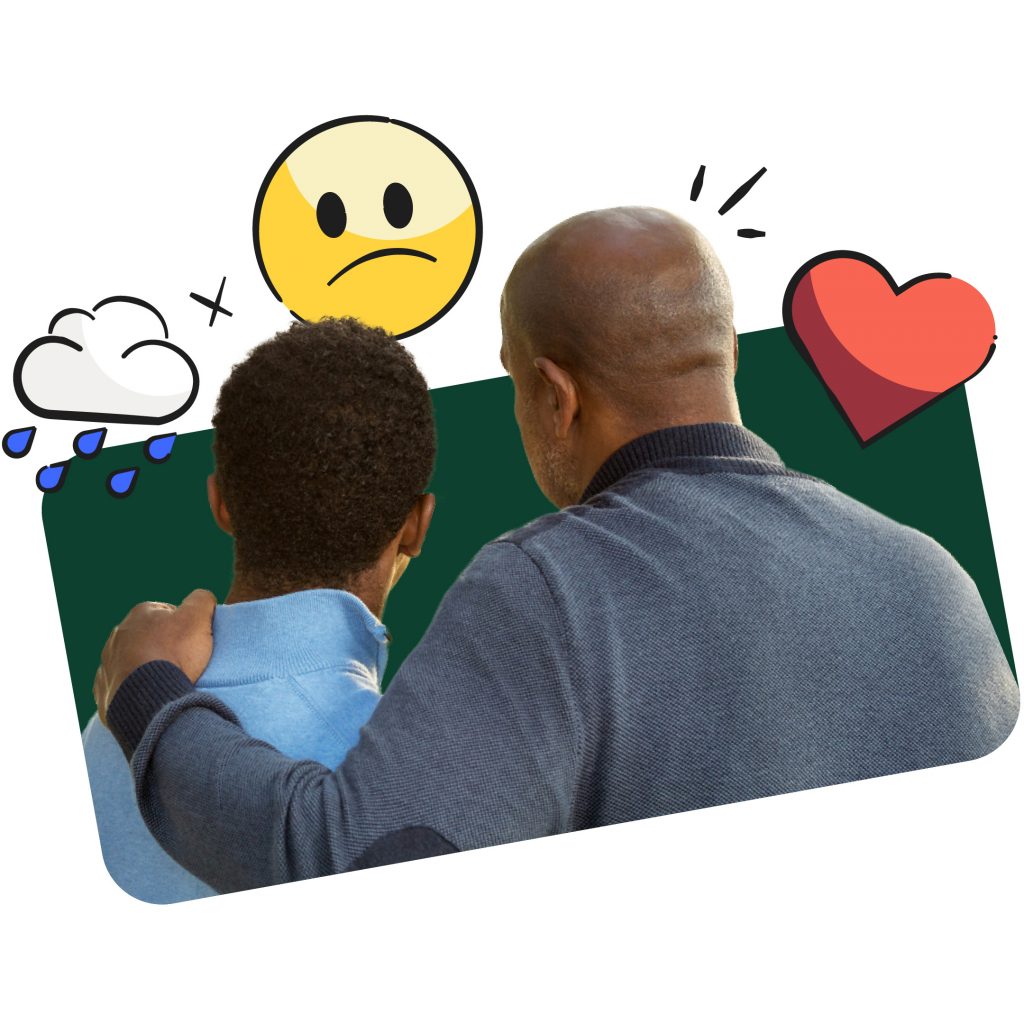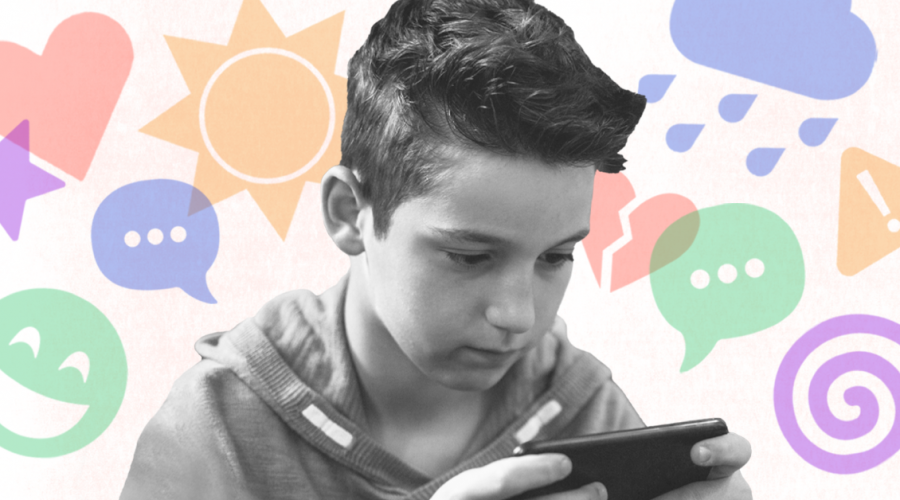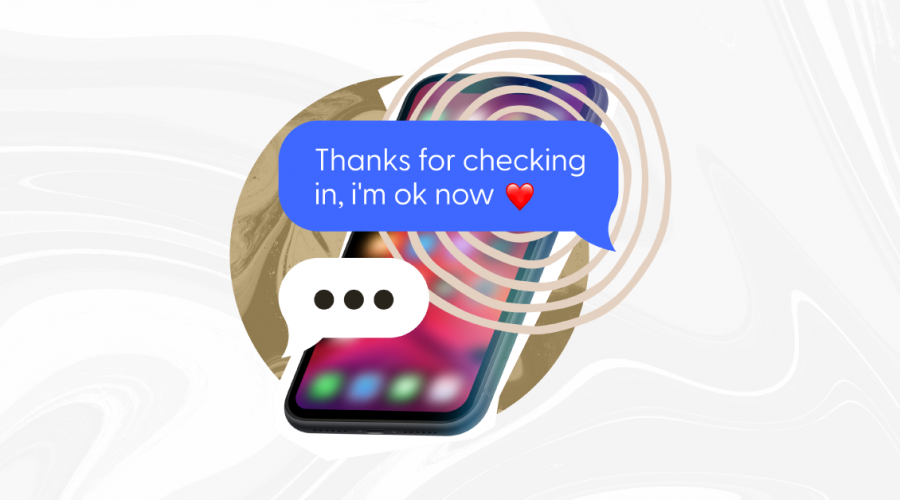Depression in Children: A Resource Page for Families
Learn signs of depression in children, preventative measures, and ways to support your kid’s mental health.

Depression in children: the data
According to Bark data, in 2021, 32.11% of tweens and 56.40% of teens engaged in conversations about depression.
Depression in Children:
What You Need to Know
Identifying and treating depression in children can feel like a monumental task. Teens and tweens are often dealing with fluctuating hormones, and normal mood swings aren’t always easy to differentiate from a mental health issue.
According to the National Institute of Mental Health, depressed teens suffer the same symptoms as depressed adults, but the symptoms are often masked and dismissed as normal teenage behavior.
Children affected by depression almost always leave clues online that hint at what they’re going through.
Bark helps parents shine a light on these early warning signals and jump in to take action with research-based, expert advice for helping your child.
Potential Signs of Depression in Children
Note: These are not meant to be used for diagnostic purposes. Please take your child to a professional if you suspect they may have depression.
- Decreased interest in what they used to enjoy
- Drawing away from friends and/or family members
- A sustained change in eating habits
- Drastic mood changes
- Acting out more than usual
To be alerted if your child’s online activities show signs of depression, click below.

LGBTQ+ Mental Health
LGBTQ+ kids often experience depression at higher rates than their peers.

Suicidal Ideation Signs
Not sure which warning signs you should watch out for? Here are some suggestions.

Talking About Suicide
Conversations about mental health can be tough. This resource can help guide you.

FAQs

How to Talk About Depression
If you think your child may be depressed, it can be really tough to know how to start a conversation. These suggestions can help.
- What’s one thing that’s worried you recently?
- Do you feel like your best self? What would help you feel better?
- What’s something I should be doing better to support you?
- What emotion do you feel the most these days?
- What has brought you the most joy this month?
Additional Resources
It can be challenging to navigate depression with your child, but here are some additional resources that can help:

